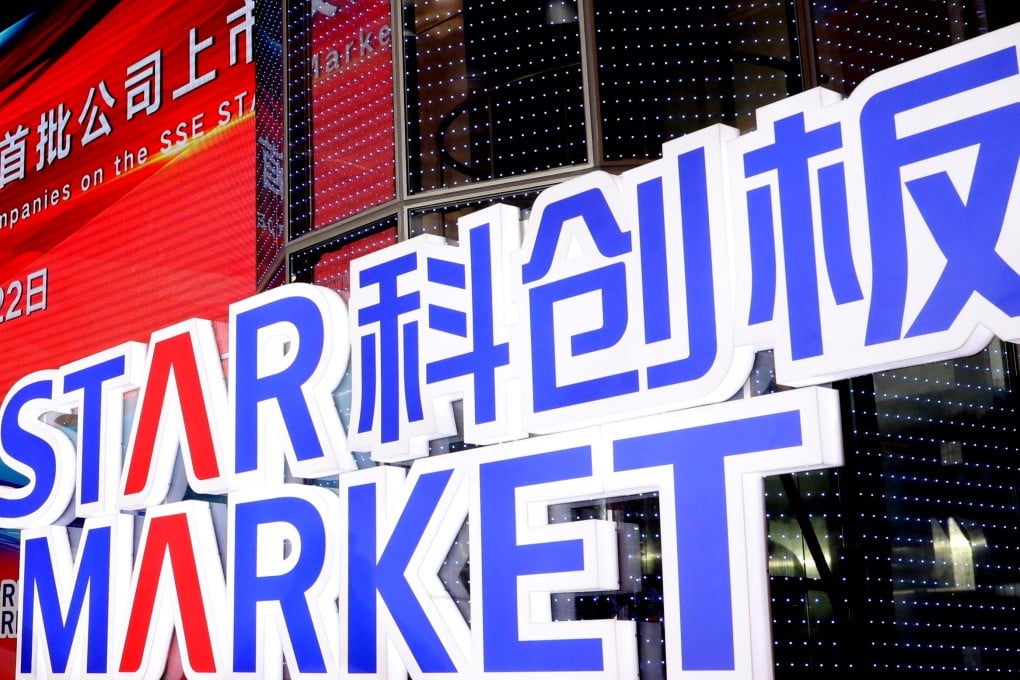How stock market reforms will drive China tech investment and innovation
- At the heart of the reforms are updates to registration-based public offering rules intended to make it easier for tech companies to list on local exchanges
- These initiatives should attract fast-growing tech companies, drive the allure of home-grown bourses and galvanise investment opportunities in China

In the middle of juggling the economic fallout of the Covid-19 pandemic, China faces rising geopolitical tensions that are putting investors on edge and clouding the outlook for markets.
Having taken their cue from successful US tech manufacturers, Chinese players know an efficient capital market is a crucial stepping stone for nurturing innovation. This is sparking a series of stock market reforms designed to bolster domestic tech firms.
So far under the new rules, the Shenzhen Stock Exchange has accepted 32 initial public offering fillings and one refinancing application. These reforms streamline and simplify the listing process, making it easier for companies to go to market. The Shanghai and Shenzhen exchanges are taking responsibility to review issuance applications.

If the applying firm provides qualified disclosure materials, the public offering application will be approved. This process significantly shortens the time it takes for issuance, giving tech companies more flexible and convenient access to financing.
